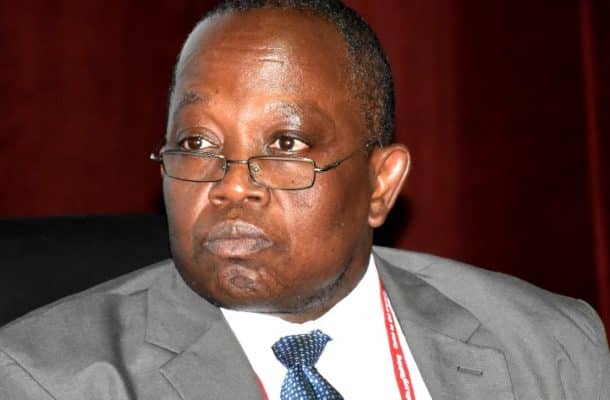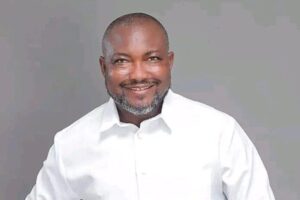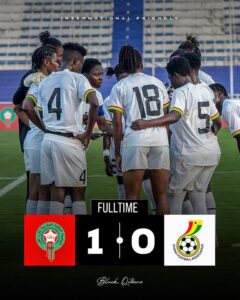Daniel Yaw Domelevo, a former Auditor General, has criticized public officials for their rampant noncompliance with asset declaration regulations, pointing specifically at members of the court for violating constitutional obligations.
He bemoaned the deeply ingrained corruption culture and the inability of important institutions to set a good example.
“We are not suspicious of them (public officials), but they have proven time and again that they have been stealing the public funds. That’s the part where the evidence abounds,” Daniel Domelevo said.
“Look at the Auditor General’s report. You see that people holding public funds have been always misappropriating or using the money for their benefit. Put the Auditor General’s report aside. Many of them have been in office for just four years, a maximum of eight years, but see how filthy rich they are.
“They are terribly rich. And if you look at their salaries, I used to tell some of the MPs that as Auditor General, my salary is bigger than yours, but you seem to be 100 times richer than me. How did you make it?” He stressed that the issue goes beyond mere suspicion.
“The truth, on the ground, is that they have been stealing public funds. That is why we want to know how much you had before coming and how much you had on your exit. I’m not saying all of them, but there are some of them who clearly have been abusing their office.”
Daniel Domelevo disclosed startling non-compliance inside the judiciary itself when questioned about his experiences implementing wealth reporting requirements.
“Yes, I did have some interesting encounters. In fact, when we started, it was clear that even the judiciary, which we thought should be at the forefront of law enforcement, didn’t declare,” he Joy News.
“In fact, including Kwasi Anin Yeboah, the former Chief Justice, justices of the High Court, Court of Appeal, and Supreme Court—several of them were not declaring.”
He bemoaned the monitoring authorities’ inability to hold the courts responsible.
“When people complained or petitioned the Commission on Human Rights and Administrative Justice (CHRAJ), I was completely disappointed when it just said that, well, there are no punishments prescribed in any law for them or that Act (1998) 550 does not prescribe any punishment. So go and sin no more.”
Daniel Domelevo questioned the reasoning for permitting public servants to take office without carrying out their constitutional duties.
“I thought that if the Constitution says you should do something before you can enter office or assume office, and you didn’t do that before coming to office, you are occupying the office unconstitutionally,” he argued.
Making an analogy to inaugurations of presidents , he asked, “For instance, could President Mahama just wake up on January 7, 2025, and say ‘I’ve been voted for as president, so I’m going to start as president. I don’t want swearing-in?’ No, it cannot happen.
“But how come that we judiciously comply with those requirements, even including the swearing-in of ministers, but then asset declaration, which is supposed to be done by the same Constitution, is neglected?”






